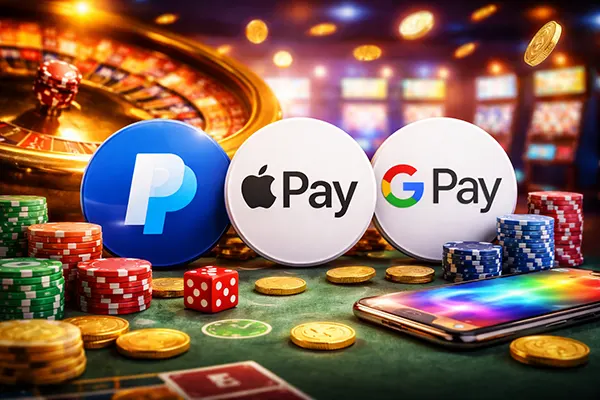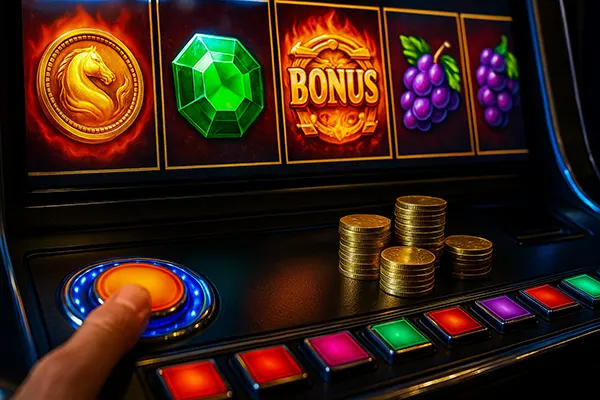
Online Poker Versus Offline Poker: Which Reigns Supreme?
When it comes to poker, one may imagine the quintessential image of a smoky room, filled with tension, where well-dressed individuals stare each other down across a felt table. This might’ve been the norm a few years ago, but the digital revolution has painted a different picture. Welcome to the world of online poker, a landscape that transforms the traditional game into an exciting and accessible digital experience.
For centuries, poker has held a certain charm, making and breaking fortunes in a few, well-dealt hands. However, with the advent of the internet, the game has seen a shift from exclusive poker rooms and casinos to virtual tables accessible from anywhere in the world. This move has triggered a debate among players, which forms better poker- online or offline?
The Advantages of Online Poker
Online poker isn’t just a trend; it’s a new way of experiencing the classic game. The benefits are compelling, and we can narrow them down into four key points.
- Accessibility: With online poker, geographic location and travel constraints are no longer barriers to play. Whether you’re in New York or New Delhi, all you need is a stable internet connection to join the game.
- Variety: Online platforms host a variety of poker games, from Texas Hold’em to Seven-Card Stud, accommodating all preferences and skill levels.
- Speed and Efficiency: Without the need for physical card shuffling and dealing, online games progress much faster, allowing players to engage in more hands per hour.
- Anonymity and Comfort: Playing poker from the comfort of your home allows for a less intimidating experience, especially for beginners. Plus, your poker face is less relevant when you’re not sitting across from your opponents.

The Case for Offline Poker
Offline poker, despite the surge in online gaming, retains its appeal. There’s something about the tactile experience of shuffling chips, the subtle cues in opponents’ expressions, and the overall camaraderie and tension around a physical table that a screen cannot replicate.
Striking a Balance
Despite the contrasting pros and cons, online and offline poker can coexist, each serving different purposes for different players. While the online platform may appeal to the new, tech-savvy generation and those seeking convenience and variety, the traditional offline mode will always find its audience among those who enjoy the social and tactile aspects of the game.
A Matter of Preference
Ultimately, the better poker experience boils down to personal preference. Both online and offline poker have unique merits. The former offers unparalleled convenience and game diversity, while the latter offers a visceral, social experience. As technology advances, it’s exciting to envision how the world of poker will evolve. After all, the ultimate objective remains the same, online or offline – may the best hand win.





